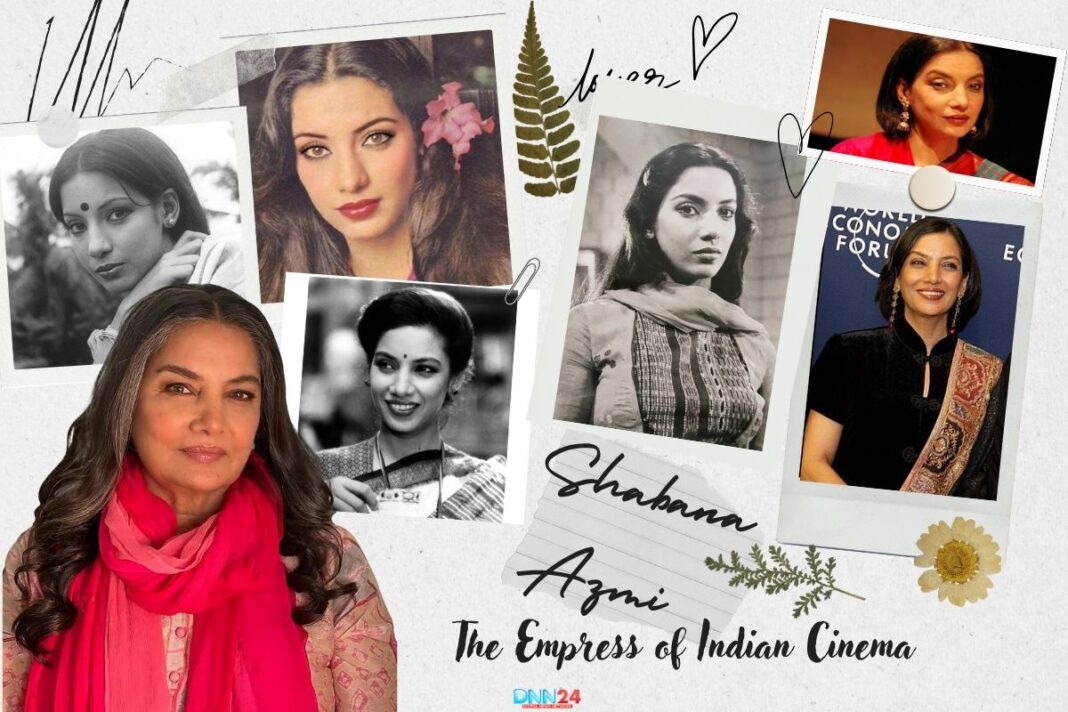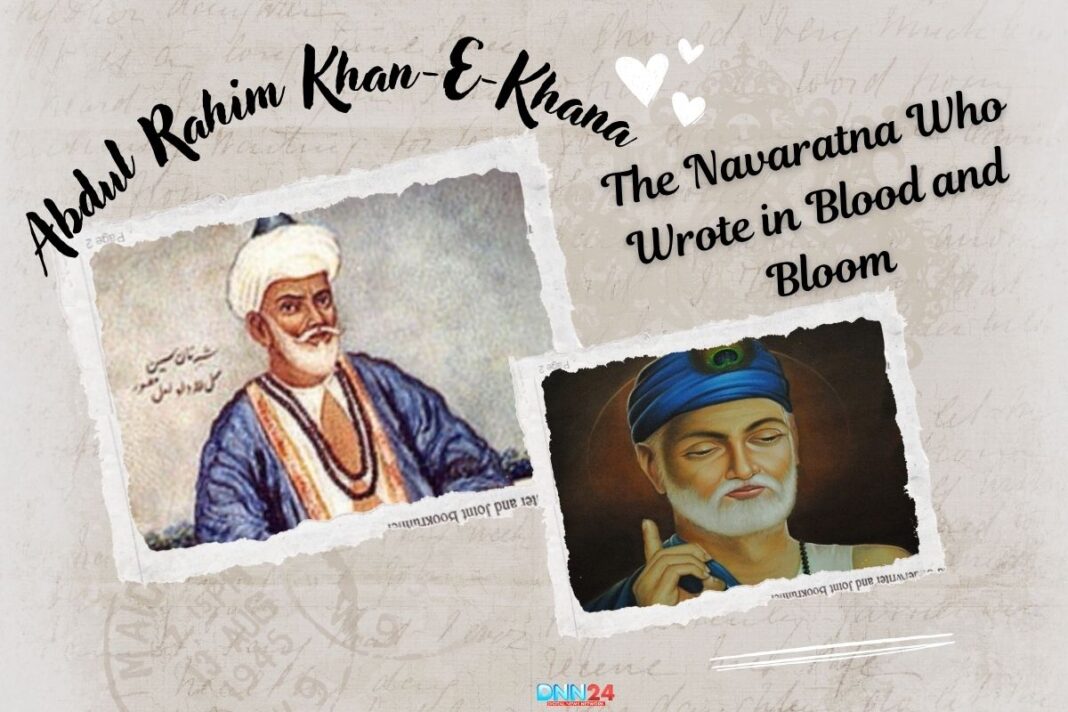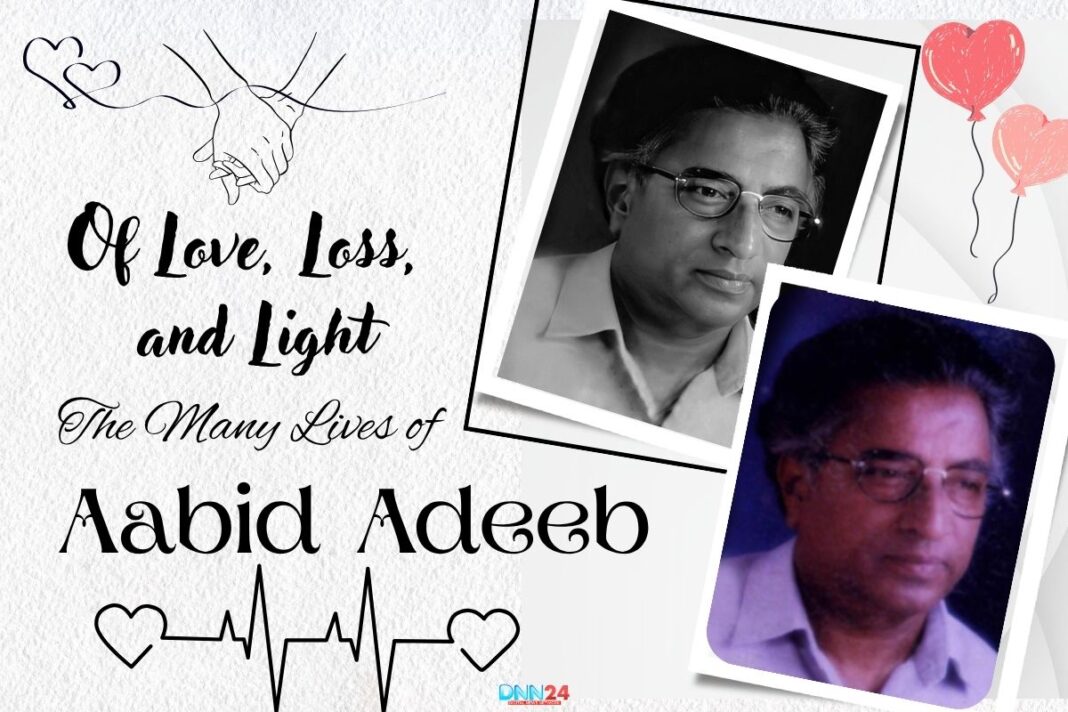Born on September 18, 1950, in Hyderabad, Shabana Azmi entered this world into a family where artistry flowed like sacred rivers. Her father, the legendary poet Kaifi Azmi, would imbue their house with verses about revolution and romance, and her mother, Shaukat Azmi, would enthrone the theatre with her powerful acts. Yet behind this curtain of creative brilliance lay a young girl’s heart heavy with insecurity and pain.
Little Shabana often felt overshadowed, believing her mother’s love favored her brother more. Such an inferiority complex made her undertake two unsuccessful attempts to end her young life—once by taking copper sulfate and another time by placing herself before an oncoming train. Divine intervention saved her both through a friend’s timely arrival and a school watchman’s alertness. These unwritten feelings of her worst experiences would eventually become the compassion that would make her performances so magnificent.
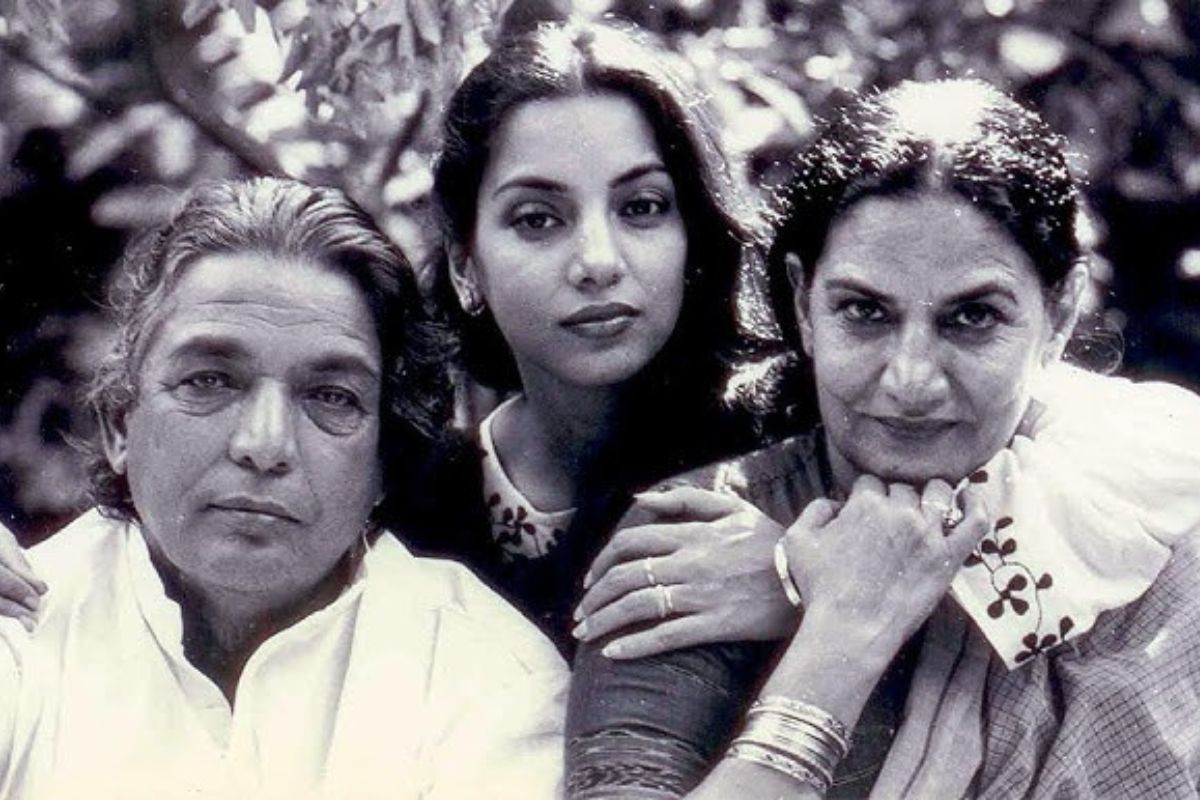
These early struggles were the making of her strengths instead of defeating her spirit. The young Shabana Azmi had to use her pain to realize the human condition of weakness, making her performances credible and touching. Her childhood tears grew into the fountain of her future emotions that she would otherwise transfer to her characters that captured the hearts of millions of people. The strength she showed in these early years justified that diamonds are made under pressure as it would equip her with a fate that would see her crowned the empress of Indian Cinema.
The Philosophy Student to Silver Screen Sensation
After completing her education at Queen Mary School in Mumbai, Shabana Azmi pursued Philosophy at St. Xavier’s College. This decision would profoundly influence her approach to life and art. Here, she met Farouk Sheikh, two years her senior, whom destiny had brought together. He would turn out to be her lifetime friend and partner in crime. The duo also revolutionized college theatre, as, at that time, only English plays were there, so they formed a Hindi drama group.
Their theatrical journey began with borrowed furniture from friend Parna Tejpal’s drawing room and a mere 50 rupees of support from the college principal. Despite such modest origins, they won three straight years of inter-college competitions, taking Best Play, Best Actor, and Best Actress awards. Poor Farouk had to finance most productions out of his pocket, but their passion was more ardent than their purse.
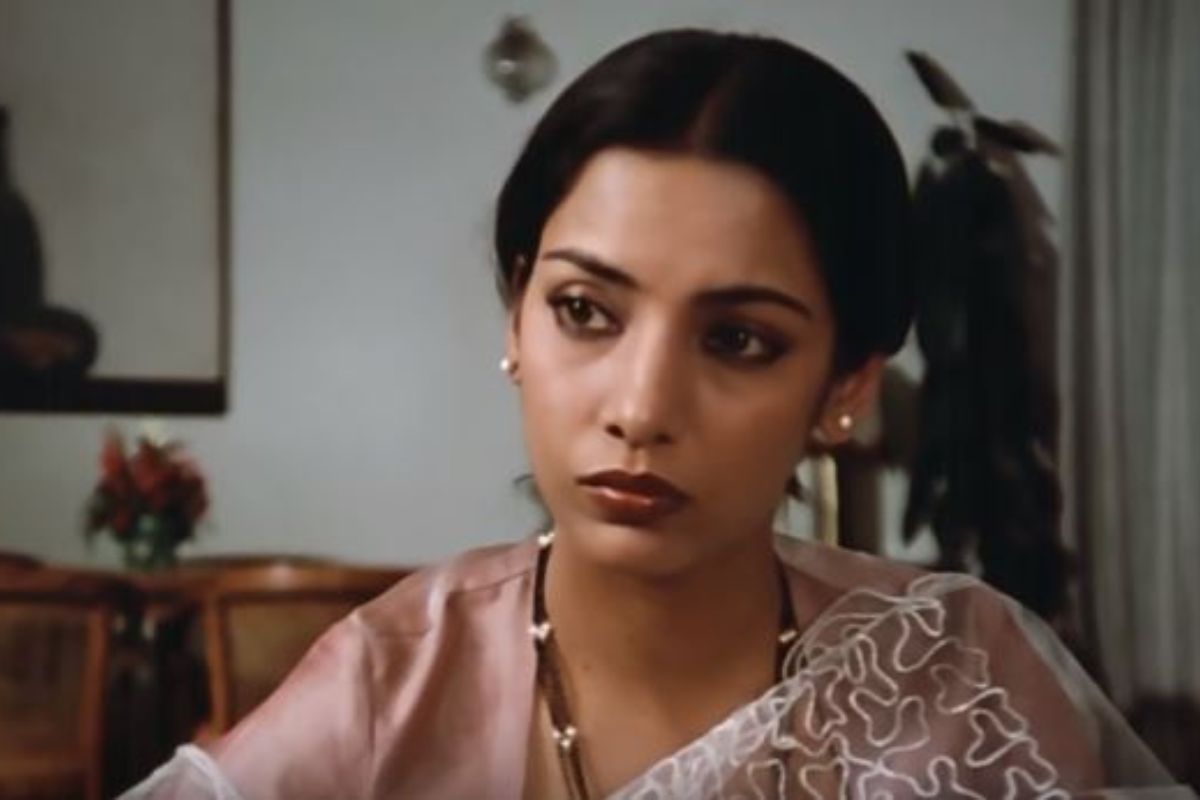
The turning point arrived in 1973 when Shyam Benegal’s assistant, Deepak Parasher, visited Zarina Wahab at Shabana’s home. Seeing Shabana there, he suggested she meet Benegal, desperately searching for a new actress after several established stars had rejected “Ankur.” In just five minutes, after hearing her speak Dakhni Urdu, Benegal offered her not one but two films – “Ankur” and “Nishant.” Shabana first assumed that he was a fraud, but in twenty days, she found herself filming her first movie in Hyderabad. This audition was miraculous, and it altered the course of Indian Cinema eternally as it presented to the Cinema an actress who would redefine artistic excellence.
Shattering Shackles: The Groundbreaking Premiere with Ankur
On September 24, 1974, “Ankur” premiered at Eros Theatre in Mumbai, marking not just Shabana Azmi’s cinematic debut but the dawn of a new era in Indian filmmaking. Her interpretation of Laxmi, a village woman who becomes a prey of feudal exploitation, was simply revolutionary. The role required vulnerability, not victimhood, strength but not aggression—and Shabana provided them with breathtaking conviction.
The incredible thing about this performance was how Shabana invested her personal experience of pain and strength into the role. Her childhood insecurities, the philosophical richness of her college education, and her theatre training all came together to make a character that was believable and not acted. She spoke in Dakhni Urdu with such natural fluency that audiences forgot they were watching an actress and believed they were witnessing a real woman’s struggle.
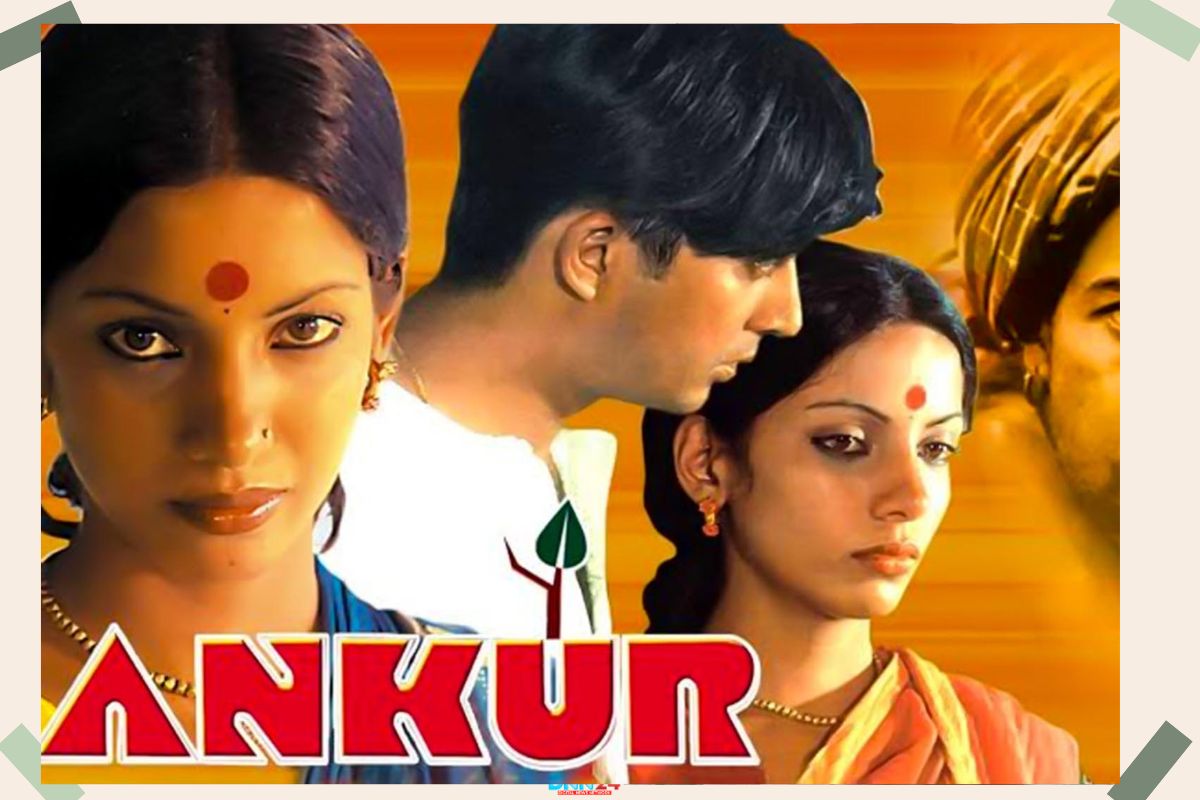
The film’s impact was immediate and profound. “Ankur” didn’t just entertain; it awakened social consciousness and established parallel Cinema as a legitimate force in Indian filmmaking. Shabana’s raw, uncompromising performance earned her the National Film Award for Best Actress. Still, more importantly, it announced the arrival of an artist who would use Cinema as a tool for social change.
Audiences and critics alike realized that a special event had occurred. This was an actress capable of expressing very intricate emotions without resorting to melodrama, who was capable of making the audience experience rather than just observe. “Ankur” became the foundation of a career that would span decades and touch countless lives, proving that authentic storytelling could triumph over commercial formulas when delivered with conviction and artistic integrity.
The Art of Balancing: Between Parallel and Commercial Cinema
The highlight of Shabana Azmi , however, was her stupendous capability to move with equal ease and credibility in parallel and commercial Cinema. While continuing her association with directors like Shyam Benegal and Mrinal Sen, she also embraced mainstream entertainers, proving that artistic integrity needn’t be sacrificed for popular appeal.
This excellent balance is seen in her work with Manmohan Desai. When Desai approached her for “Amar Akbar Anthony,” he was honest: “Shabana, I’m producing my first film. It has three heroes; honestly, you don’t have a proper role. But Vinod Khanna will pester me if the other two heroes have heroines and he doesn’t, so I’ve created a role for you.” His honesty touched her heart, and she agreed to participate in what became one of Indian Cinema’s most beloved entertainers.
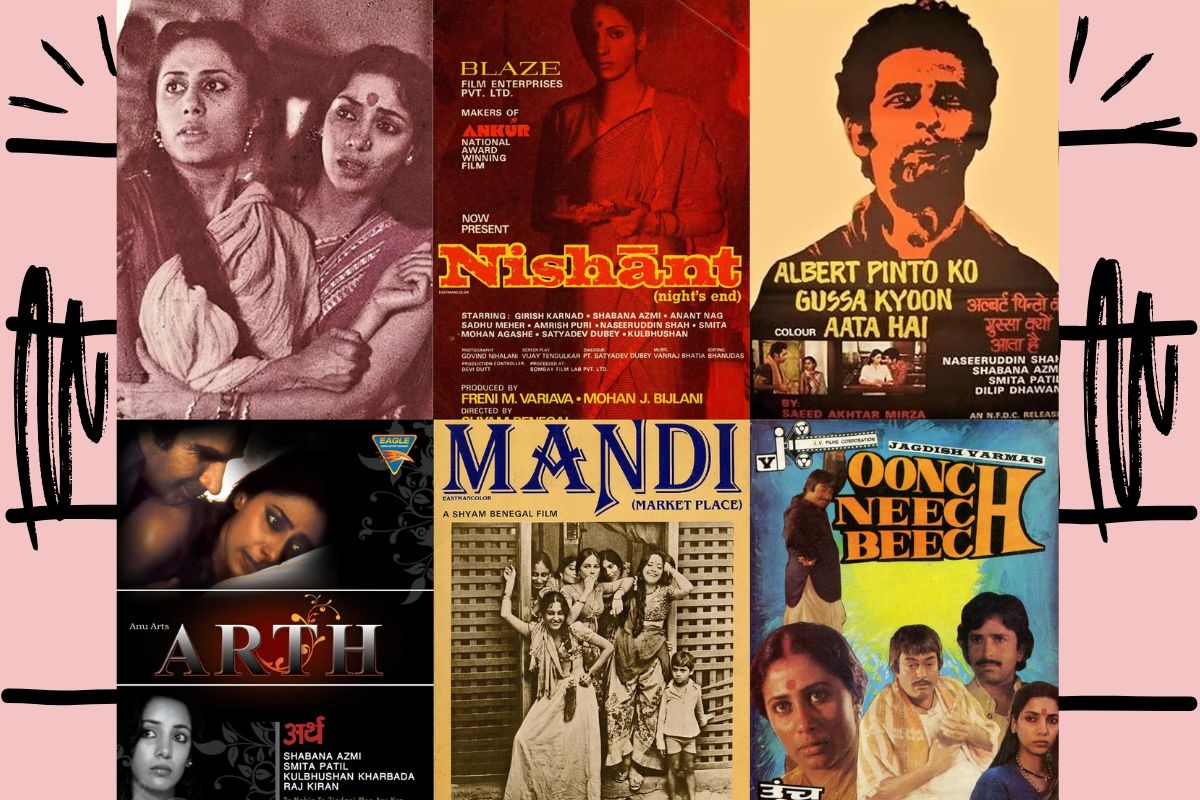
This multitasking turned into her trademark strength. In Sparsh, she portrayed Kavita, a widowed schoolteacher falling in love with a visually impaired principal, exploring themes of love, disability, and acceptance with subtle brilliance. In Masoom, she played Indu, a mother confronting her husband’s illegitimate child, bringing quiet dignity to a role that could have easily become melodramatic.
Shashi Kapoor was instrumental in making her transition to commercial success. After watching “Ankur,” he was so impressed that he began recommending her for mainstream films, leading to her casting in N.N. Sippy’s “Fakira.” This easy transition between art and commerce firmly entrenched Shabana as an actress capable of giving weight to any piece of material she touched, whether it was a genre film or a budget film.
The Masterpiece: Arth and Its Groundbreaking Influence
In 1982, Mahesh Bhatt brought “Arth” to Shabana Azmi —not as a complete script but as a story framework that would evolve during shooting. Made on such a tight budget that Shabana wore her personal clothes throughout, the film emerged from both their hearts’ depths. Their coordination was just out of this world. As Shabana puts it, Mahesh would press a button, and she would react in a manner he had imagined.
Distributors loved the finished film but wanted a vital twist at the end. They argued that Indian audiences would never accept a wife rejecting her husband’s apology and walking away independently. Shabana and Mahesh adamantly declined, saying they had created the film with that ending in mind. Their belief that women should be accorded dignity and choice, even amidst forgiveness, was ahead of its time.
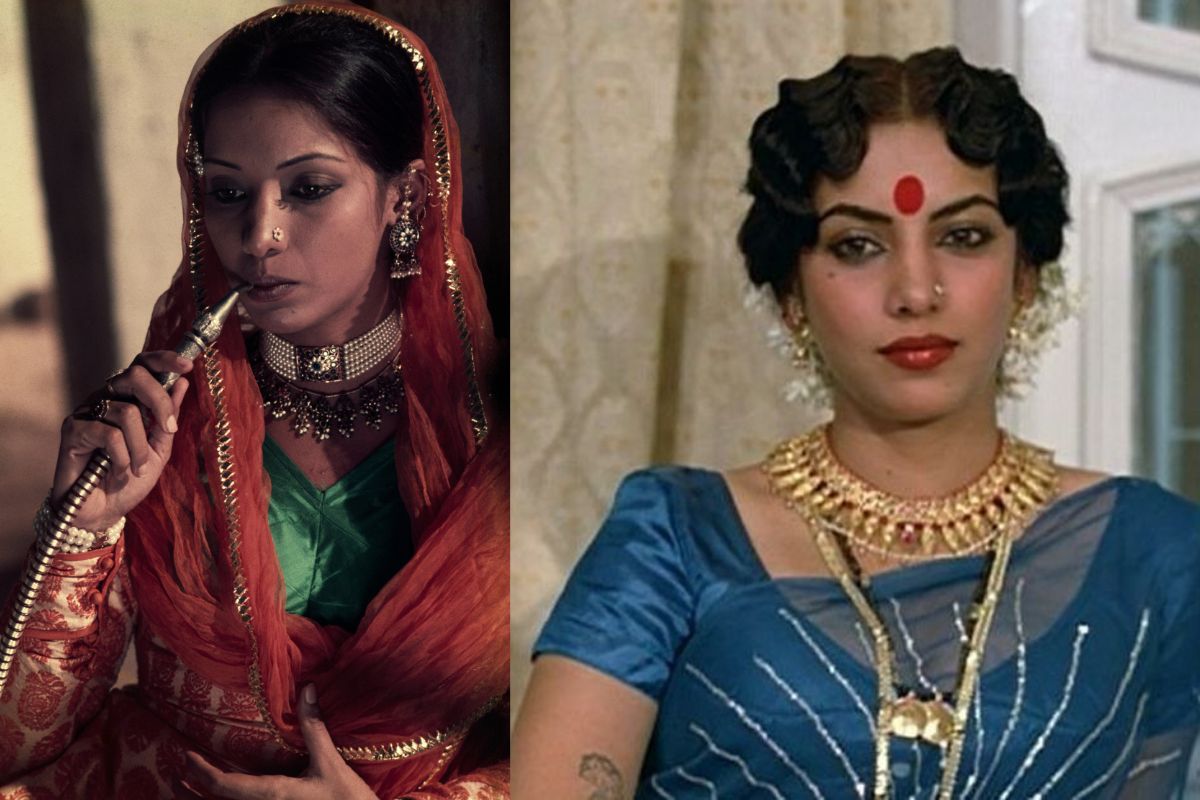
The film’s impact exceeded all expectations. “Arth” became a critical and commercial success, earning Shabana the National Award for Best Actress. Yet what affected society was even greater. Groups of women began visiting Shabana’s home, considering her an elder sister figure, expecting her to solve their marital problems, having identified so strongly with her character.
This episode made Shabana Azmi realize the huge burden artists have. As viewers establish strong relations with characters, actors become unintentional advisers and role models. “Arth” proved that Indian audiences were ready for complex, realistic portrayals of relationships and that women’s stories of self-discovery and independence could find both critical acclaim and commercial success. The movie has become a milestone in feminist filmmaking, giving thousands of women the courage to discover their power and voice.
Beyond Cinema: activist, compassionate life
Shabana Azmi’s greatness extends beyond her cinematic achievements and includes social activism and humanitarian work. Her commitment to social justice isn’t performative but intensely personal, rooted in the same empathy that makes her performances authentic. She has always stood up to fight for the rights of women and the rights of slum dwellers, and marginalized society, and she has used her celebrity status to make a positive change.
Her activism has some realizable forms—she has offered financial aid to people living in slums, helped Kashmiri Pandit migrants, and helped victims of natural calamities such as the Latur earthquake. In 1989, she participated in a four-day peace march from New Delhi to Meerut to show that her message of peace is more than just lip service. As a Goodwill Ambassador of the United Nations Population Fund, she advocates for women’s rights and population control measures globally.
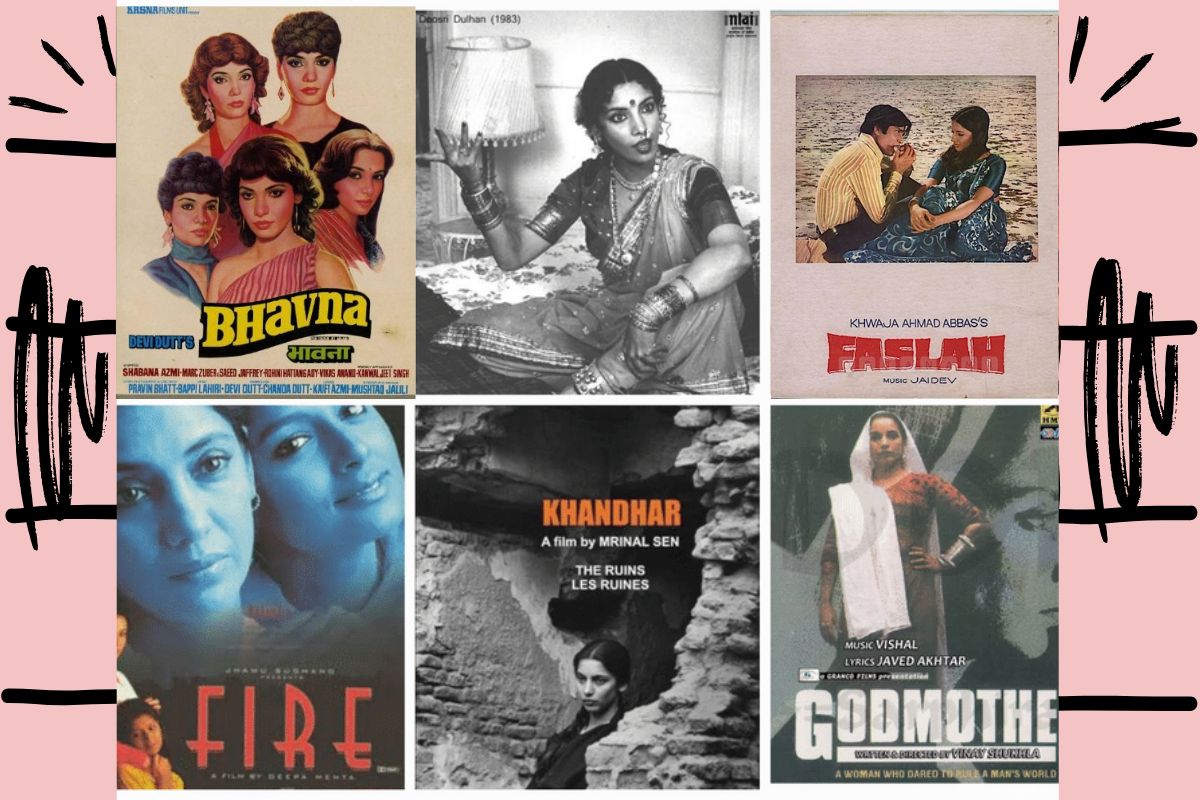
The remarkable thing about her activism is its genuineness. Unlike celebrities who engage in charity for publicity, Shabana’s social work stems from genuine concern and understanding. Her upbringing in a family that valued art and social consciousness, combined with her own experiences of pain and resilience, created an artist who believes in Cinema’s power to create positive change.
Her example is a model of how real artists have to respond to the world outside their work. She has always taken the opportunity to use her platform to speak on social justice, gender equality, and harmony in the community. Whether addressing global platforms or engaging at grassroots levels with the communities, Shabana is a living example of the fact that great privilege comes great responsibility, and with great talent comes the duty to inspire others.
Today, Shabana Azmi is a towering figure in Indian Cinema, with over 160 films, five National Film Awards, and countless other honors decorating her illustrious career. The Government of India has appreciated her efforts, which has awarded her Padma Shri and Padma Bhushan, solidifying her position as a national treasure. But behind these awards and honors is an even greater legacy—lives she has influenced and walls she has crushed.
The Living Legend: Awards, Recognition, and Continuing Impact
Shabana Azmi story teaches us that greatness isn’t born from privilege alone but forged through struggle, empathy, and unwavering commitment to truth. From a young girl battling suicidal thoughts to becoming an international icon, Shabana’s journey proves that our darkest moments can become sources of our greatest strength. What makes her inspirational is how she could turn her pain into artistic brilliance and social consciousness into meaningful action.
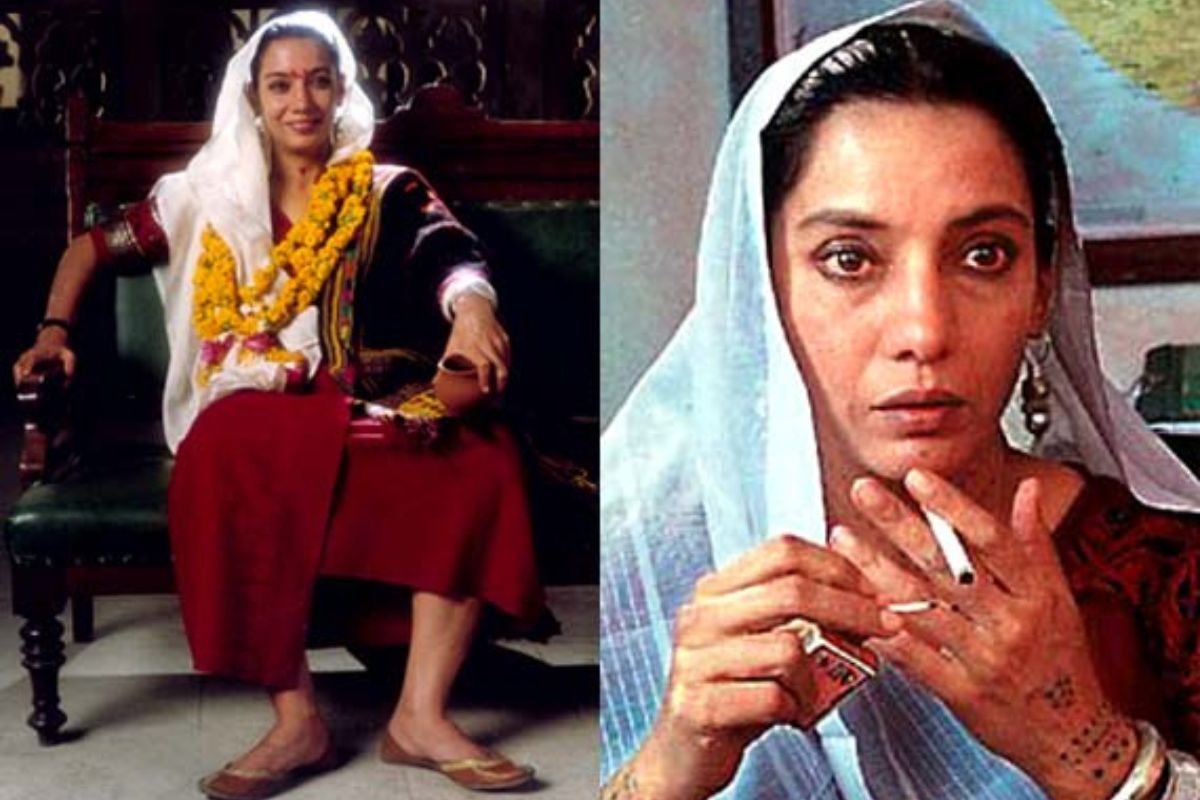
The interesting things of her life – that she loves Hyderabadi biryani, that she is a fan of Mughal-e-Azam, that she enjoys poetry and traveling – show a woman who can take pleasure in little things and who bears the burden of social responsibility. Her performances, activism, and writings share the same depth and engagement.
Shabana Azmi’s legacy continues to inspire new generations of artists and activists. She has proven that achieving both critical acclaim and commercial success is possible while maintaining artistic integrity and social consciousness. Her life story inspires those who have dreams, fight against all odds, and eventually win over through genuineness, guts, and kindness. She is an empress in the temple of Indian Cinema, with a crown of talent, willpower, and an indestructible desire to improve this world.
Also Read: Mumtaz Askari: The Golden Heroine Who Rose, Fought, and Shined
You can connect with DNN24 on Facebook, Twitter, and Instagram and subscribe to our YouTube channel.

